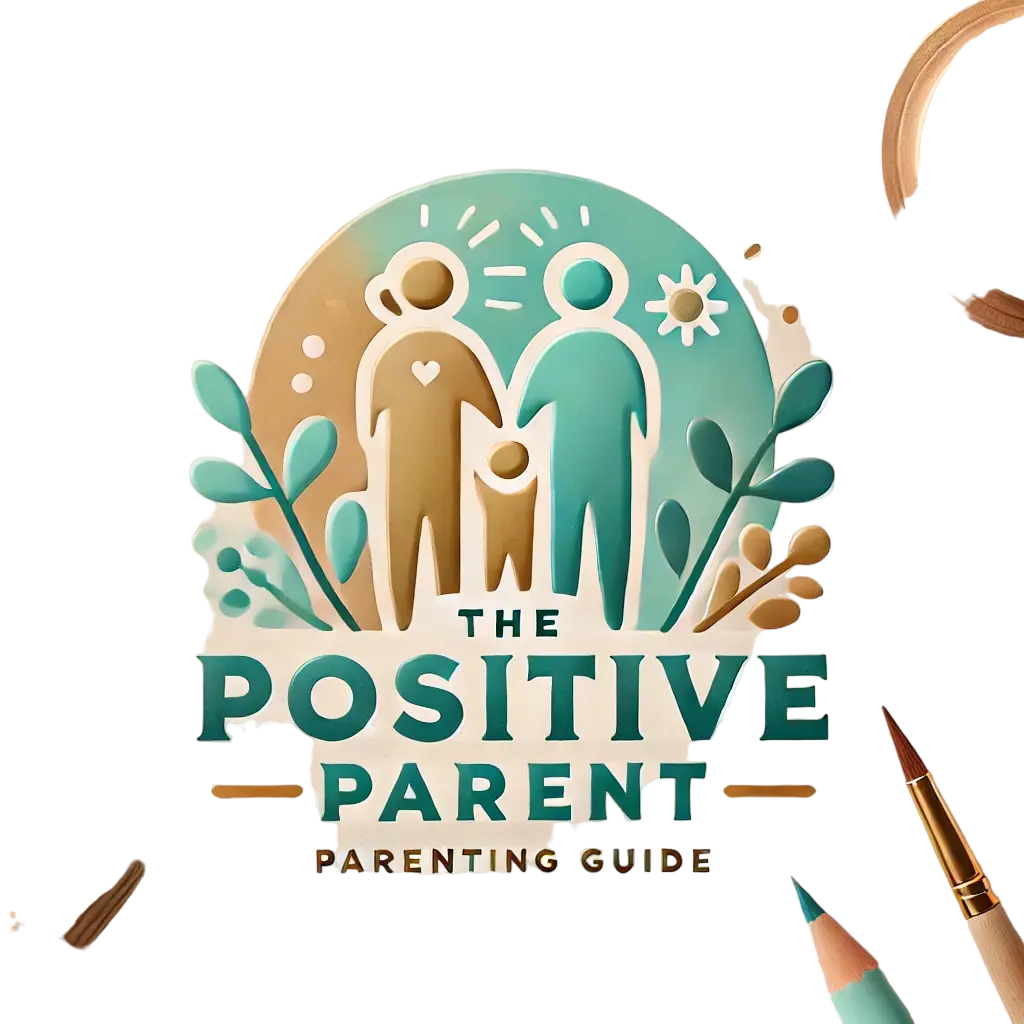What Is FAFO Parenting? Unpacking the Trend Parents Are Buzzing About
Category
Categories

Understanding FAFO Parenting: A New Trend in Parenting
Over the past ten years of motherhood, various parenting styles like gentle, helicopter, attachment, and lawnmower have been circulating. Despite this, I chose to focus on my instincts rather than adhering to a specific method. Juggling the responsibility of keeping a child alive was challenging enough without the additional pressure of conforming to a particular parenting style.
FAFO Parenting: A New Approach
Recently, Kylie Kelce discussed a unique parenting style on her podcast, Not Gonna Lie. This approach, known as FAFO parenting, which stands for “f*** around and find out,” has gained attention on social media.
Parents Embracing FAFO
FAFO parenting has caught the interest of many parents, with some sharing their experiences online. For instance, a mother on TikTok revealed using this method when her son resisted wearing a rain jacket during a storm.
Understanding FAFO Parenting
It’s essential to understand what FAFO parenting entails and how to effectively implement this approach with your children.
What Is the FAFO Parenting Style?
FAFO, originating from African American Vernacular English (AAVE) over a decade ago, has gained popularity recently as a term to describe a parenting approach that allows children to face the consequences of their actions without much interference.
Implementing variations of FAFO parenting unknowingly, I have been practicing this style since my daughter was a toddler. She has always been headstrong, fiercely independent, and convinced she knows best.
This extends to her hair, as she prefers to manage it herself without my help. Choosing not to engage in pleading or negotiations, I opted to let her take charge and face the outcomes. Despite her assurances, she eventually asked for my help with a tangled knot, leading to a promise to brush her hair every night.
In Kelce’s Experience
During a podcast, Kelce shared an incident with her 3-year-old daughter, Elliotte, who refused to wear a jacket before going outside in cold weather. However, she later came back inside to properly put on the jacket.
The FAFO Approach
While acknowledging the FAFO method isn’t foolproof and doesn’t apply to every situation, Kelce emphasizes its use in teaching her daughter about consequences. This approach has not only reinforced the idea that actions have repercussions but has also highlighted the importance of following instructions from trusted adults and guardians.
When To Use FAFO Parenting
Natural consequences are suitable whenever a child’s decisions do not pose a risk to themselves or violate the rights of others, according to Tamara Glen Soles, PhD, the founder of The Secure Child Centre for Families and Children.
“If a child chooses not to eat, they will experience hunger. This may be unpleasant, but it is not dangerous for one meal or snack,” Dr. Soles explains. “Being disrespectful to a friend could result in the friend no longer wanting to play with them, whereas physically harming a friend is hazardous behavior that does not align with the use of natural consequences.”
FAFO Parenting Pros and Cons
Experts suggest that utilizing natural consequences can be a valuable method for children to comprehend the outcomes of their decisions and actions. It aids in the development of their cause-and-effect reasoning and fosters a sense of responsibility.
Dr. Soles highlights that natural consequences also play a role in enhancing critical thinking skills in children, enabling them to feel empowered in decision-making rather than always adhering to authority figures’ directives.
However, caution is advised when employing this strategy with children to avoid responding with remarks like, “I warned you about needing a jacket, but you didn’t listen” or “You think you know better.”
Dr. Soles warns that such reactions could negatively impact the parent-child relationship and diminish the likelihood of the child internalizing the intended lesson.
It is important to recognize that not every child may be prepared for this approach, as younger children, in particular, may not possess the necessary foresight and impulse control for understanding natural consequences.
Connecting Through FAFO Parenting
Finding a balance while incorporating FAFO into your parenting can be more successful, according to Kimberly King, MSEd, a parenting author and educator.
“It’s important to combine consequences with connection,” suggests King. “The best parenting approach involves blending accountability with emotional support.”
Here are some strategies she recommends.
Dr. Soles also agrees that parents are more effective when they address issues collaboratively before correcting their child. Utilizing logical consequences along with empathy can also be beneficial.
Main Content
Dr. Soles recommends using natural and logical consequences when parenting, such as cleaning up spills or temporarily taking away a toy if a child cannot use it properly. He emphasizes the importance of establishing connections, mutual respect, and nurturing emotional intelligence for effective long-term parenting strategies.



